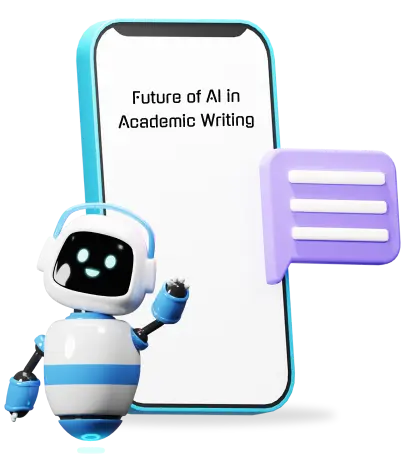🔥 First Order Is Free ( View Details )
Researchers face the challenge of navigating vast amounts of data to make breakthrough discoveries, hindering scientific progress.
The need for transformative breakthroughs is increasing, requiring a powerful partner to speed up the research process and overcome information overload.
Step into the world of Artificial Intelligence (AI) and Research Discovery, a groundbreaking combination that is giving scientists the power to explore new levels of understanding.
In this blog, we will discuss how AI-driven research promotes innovation and drives humanity into unknown territories.
We will see how AI transforms genomics, astronomy, and climate change research. By addressing ethical considerations and future prospects, we will light the way to a brighter future.
Let’s get started!
Artificial Intelligence (AI) has emerged as a game-changer in research discovery, particularly in data analysis.
Traditional data analysis methods are often unable to keep up with the ever-increasing amount of data generated in the digital age.
AI-driven data analysis, on the other hand, offers a number of advantages, revolutionizing the research landscape and propelling scientific progress to new heights.
AI-powered data analysis is revolutionizing the way research is conducted. Here are just a few of the advantages it offers:
Overall, AI is a powerful tool that can greatly improve the quality and efficiency of research.
AI's transformative capabilities are significantly expediting the drug development process.
It is empowering scientists to identify potential drug candidates more efficiently and effectively than ever before.
AI has the potential to revolutionize medicine, improve patient care, and address unmet medical needs.
By understanding the complex interactions within biological systems, AI assists researchers in validating the most promising targets. This streamlines the initial stages of drug discovery.
AI-driven virtual screening models can efficiently predict the biological activity of compounds, significantly reducing the number of physical tests required.
Learn how AI is helping in drug discovery through this video.
Today, with the aid of Artificial Intelligence (AI), the field of astronomy and astrophysics is experiencing revolutionary advancements.
AI's ability to detect patterns in complex phenomena is reshaping the way we understand the universe and accelerating our journey into the cosmos.
Artificial intelligence (AI) is revolutionizing space research, with applications ranging from asteroid detection to planet exploration.
Here are just a few of the ways AI is changing the face of space exploration:
Climate change poses one of the most significant challenges of our time, and its effects are felt worldwide.
AI's exceptional abilities to monitor, analyze, and propose sustainable solutions are transforming climate change research and paving the way for a more sustainable future.
AI for climate change and environmental monitoring is in its early stages but has the potential to make a significant contribution.
In conclusion, AI has revolutionized data analysis by increasing speed, precision, and accuracy. The AI essay generator tools have streamlined research processes and enabled breakthroughs in a variety of fields, including pharmaceuticals and climate change.
AI has proven to be a catalyst for a sustainable and thriving future by optimizing drug discovery, forecasting natural disasters, and addressing critical challenges like climate change.

WRITTEN BY
Cathy A. (Mass Communication, Education)
Cathy is a highly dedicated author who has been writing for the platform for over five years. With a Master's degree in Mass Communication, she is well-versed in various forms of writing such as articles, press releases, blog posts, and whitepapers. As an essay writing guide author at PerfectEssayWriter.ai, she has been helping students and professionals improve their writing skills by offering practical tips on research, citation, sentence structure, and style.
For more than five years now, Cathy has been one of our most hardworking authors on the platform. With a Masters degree in mass communication, she knows the ins and outs of professional writing. Clients often leave her glowing reviews for being an amazing writer who takes her work very seriously.
On This Page On This Page
Share this article
AI in Collaborative Learning Environments
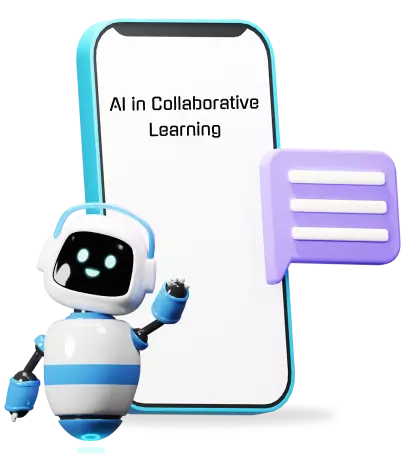
AI Tutors: Personalized Learning for Students in the Digital Classroom
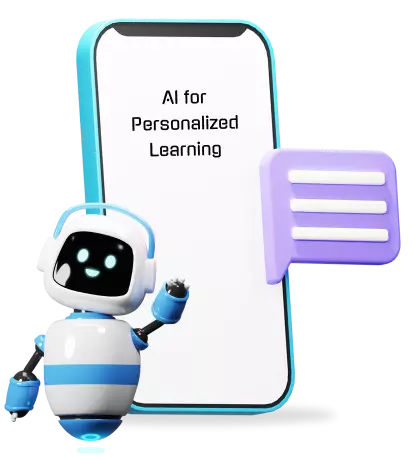
AI and the Future of Teacher-Parent Communication

AI in Curriculum Design: Adapting Education for the Future
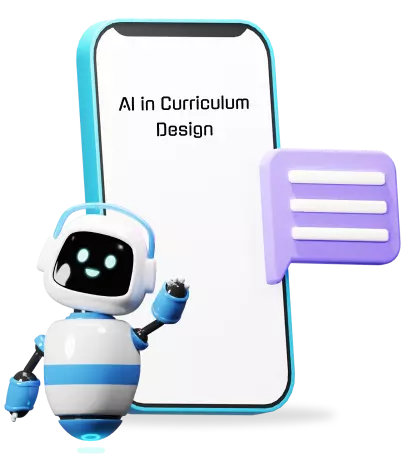
AI and Multilingual Education: Bridging Language Barriers in Learning
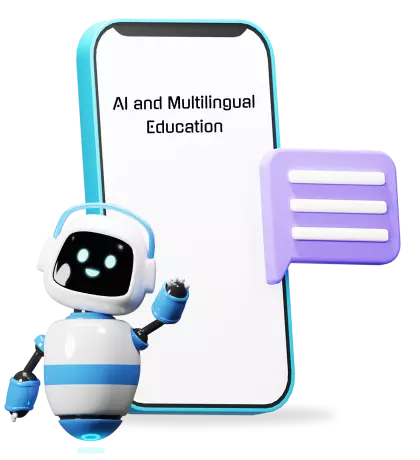
AI and Special Education: Empowering Students with Disabilities
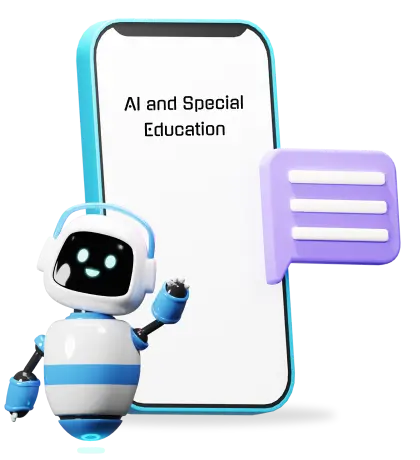
AI and Research Discovery
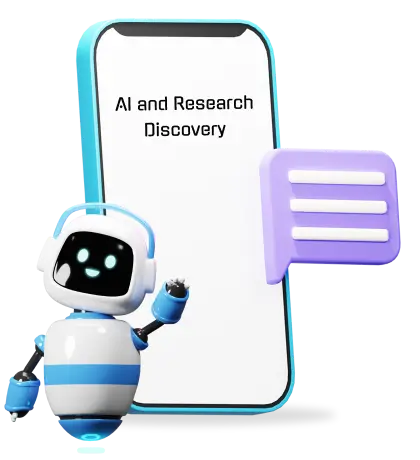
AI in Peer Review: Transforming the Academic Publishing Process
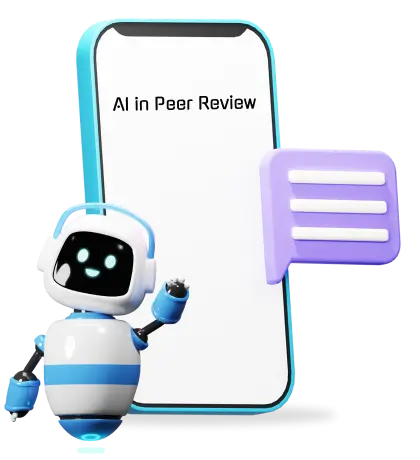
AI's Impact on Student Performance
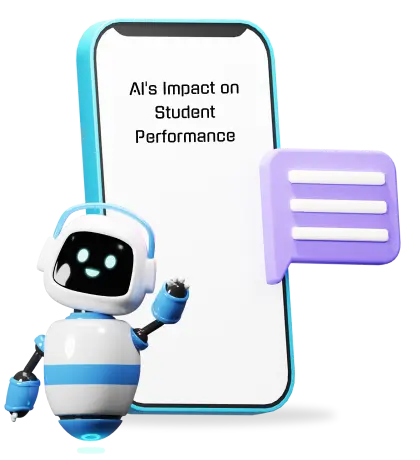
Ethical Considerations in AI Research: Ensuring Fairness and Bias Mitigation
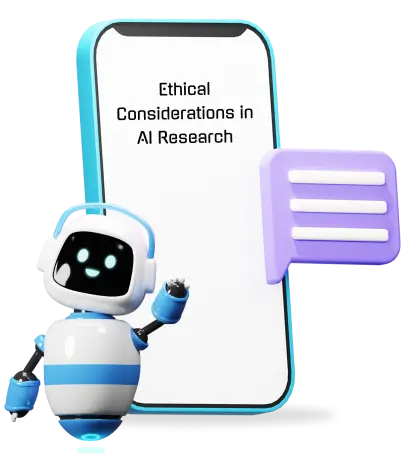
Ethical Considerations in AI-Generated Academic Content
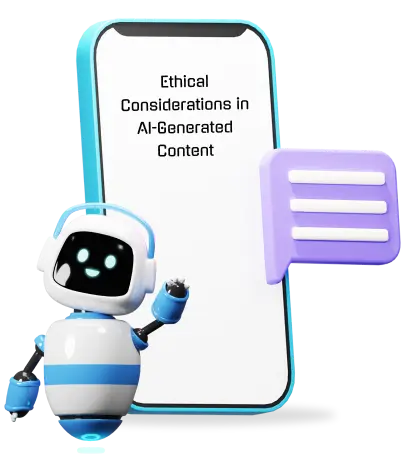
The Future of AI in Academic Writing: Trends and Predictions
